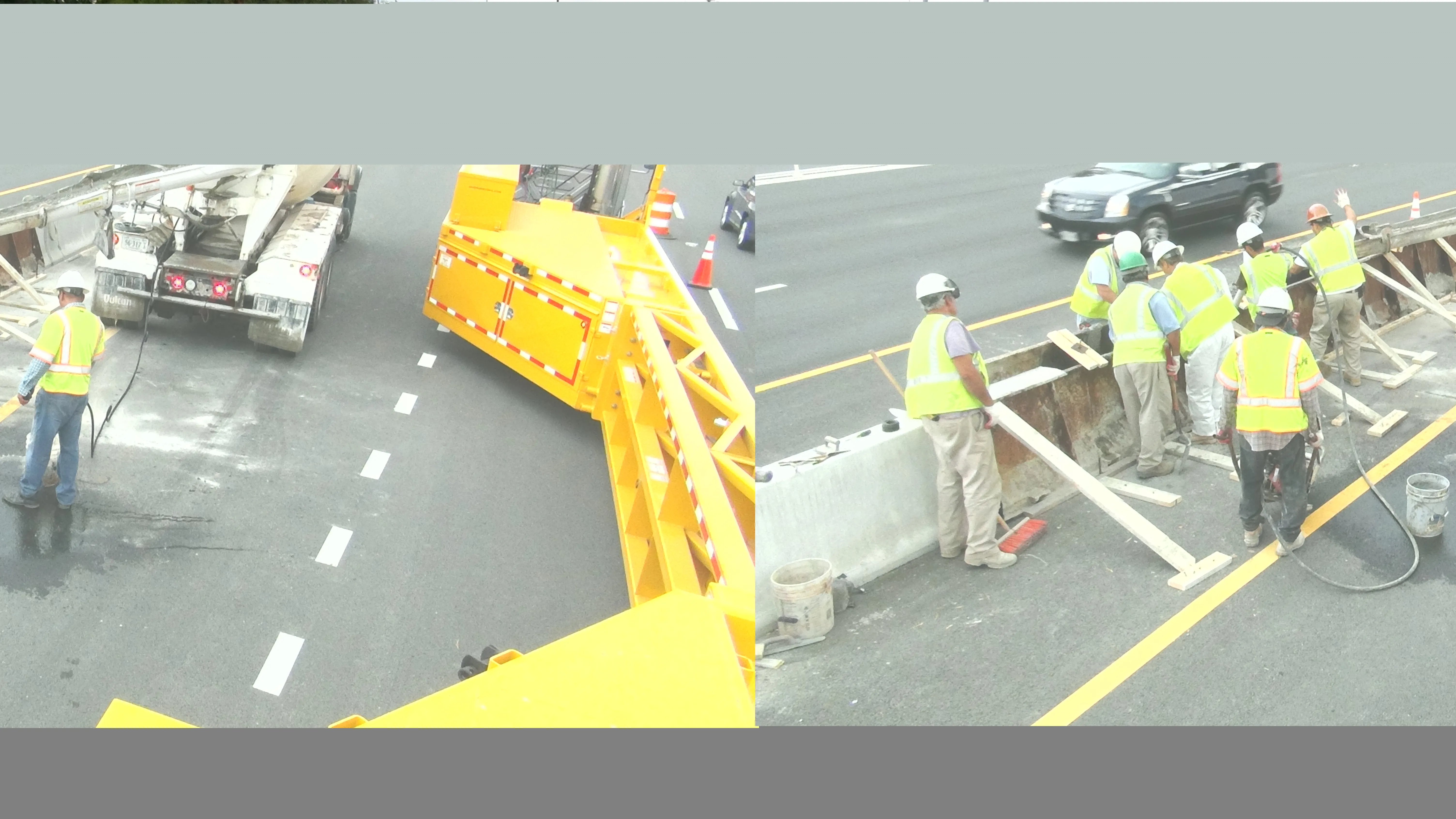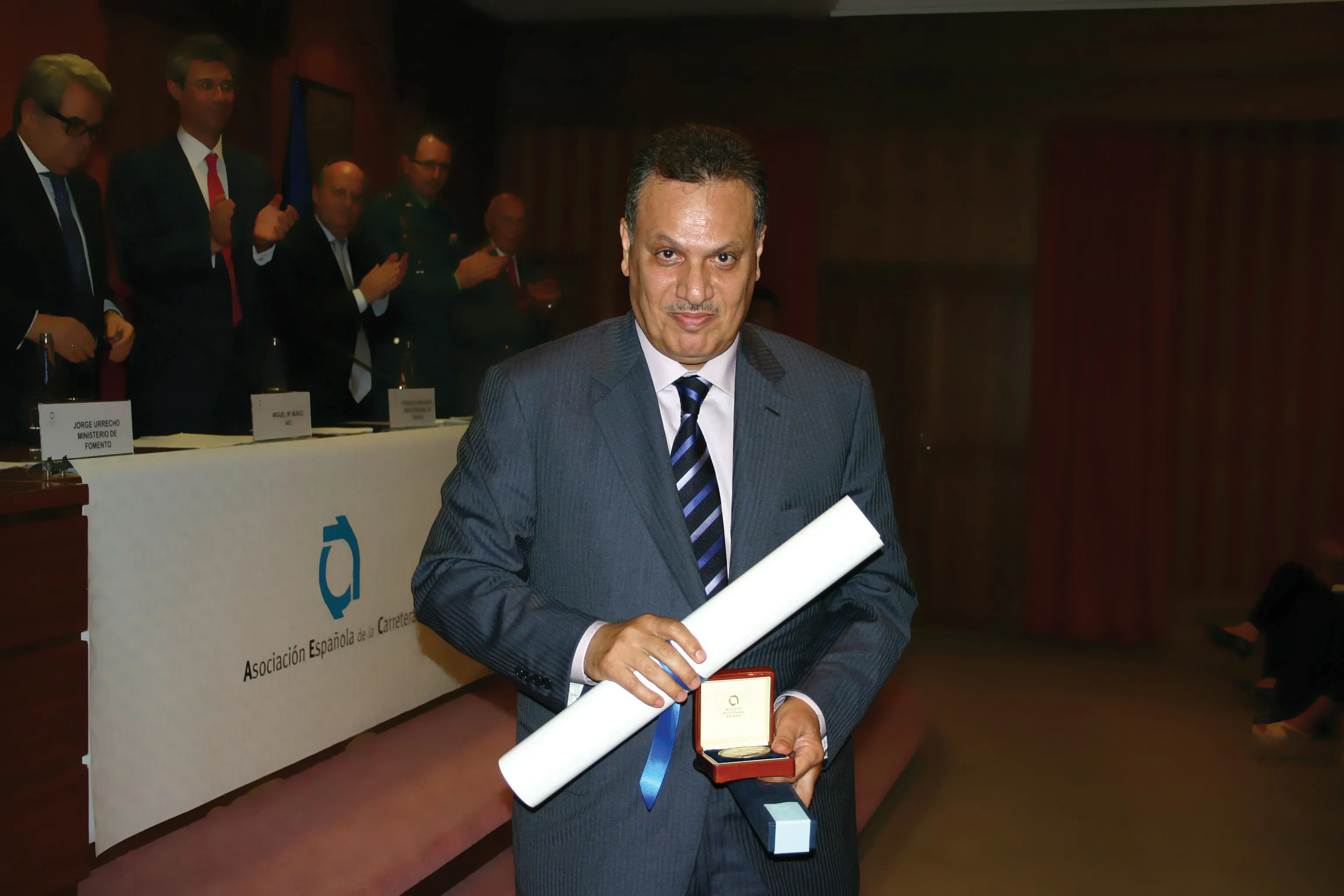Work zones present an increased risk for workers who build, repair, and maintain roads, bridges, and tunnels, as well as for a variety of road users, including pedestrians, bicyclists, and motorcyclists, who are confronted with less than ideal safety conditions in these work zones.
Global statistics on work zone-related injuries are not available, however the US 2410 Federal Highway Administration (FHWA) reported 25,485 of work zone crashes involving at least one injured party in 2015, of which 642 resulted in at least one fatality. These figures suggest that, taken at global level, hundreds of thousands of injuries, and thousands of fatalities occur every year in work zones. Work zones thus represent a very serious safety concern for the road community, particularly across the developing world where an abundance of road rehabilitation projects have not been accompanied by commensurate efforts and investments to foster a culture of safe road construction.
In an effort to tackle the unacceptable rate of work zone injuries, the 8781 Washington-based IRF Global is releasing a policy statement today titled "Mandating Safer Work Zones Globally" covering the establishment of national guidelines, the selection and use of temporary traffic control devices, work zone inspections and the need to invest in strengthening skills within public agencies and the contracting community. According to Chris Sanders, 2438 Lindsay Transportation Solutions and chairman of the IRF Road Safety Committee, "Infrastructure is ageing across the globe and must be maintained to preserve its value. However, these work zones offer much more dangerous driving conditions and increase danger to workers and motorists. Solutions exist, but their use is hindered without comprehensive policies and consistent implementation."
Pete Johnston, 3M, and chairman of the IRF Temporary Traffic Control Subcommittee noted: "Countermeasures that are proven to improve safety and mobility are minimal investments when weighed against the total cost of most projects. To ensure effective and sustainable temporary traffic control set-ups, authorities should include provisions in their national guidelines that mandate traffic control plan implementation, and that traffic control plans need to be part of the budget and funded."
"IRF's advocacy work furthers our global mission to unite all road stakeholders around a consistent vision," said IRF chairman Abdullah A Al-Mogbel. "This latest policy statement underscores the need to set ambitious road safety requirements at all stages of road design, construction and operation."









